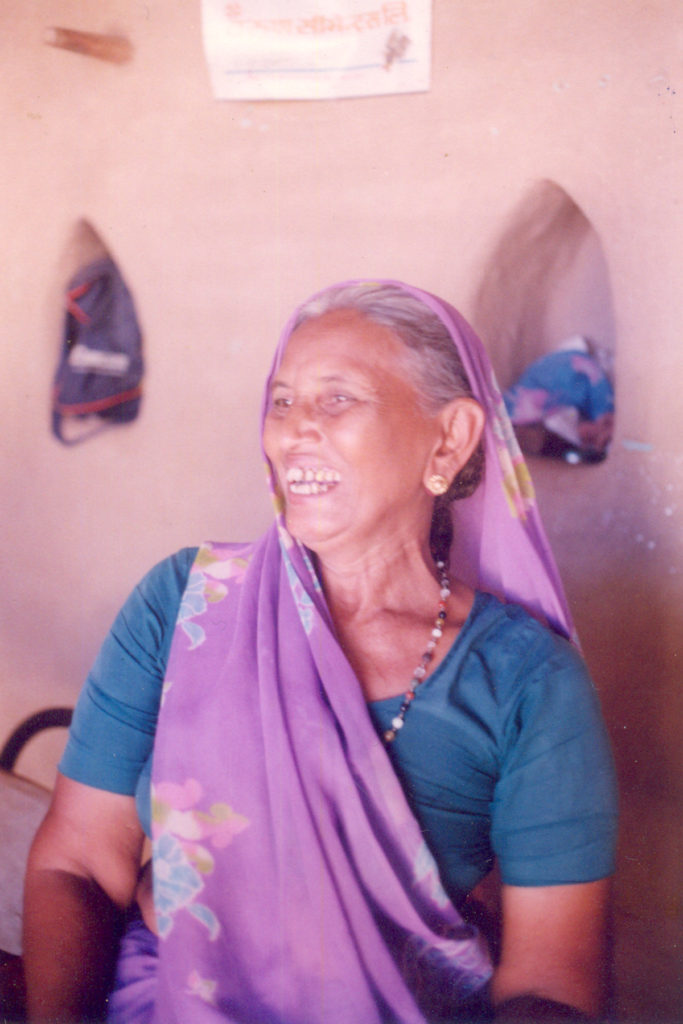Submergence Village: Chotabadada, Madhya Pradesh
3–4 minutes
“The men would sit in the meeting, listen and nod. And then they would go back home and stop the women from joining the movement, ‘No! No, no! We are from respected families, you are veil-wearing women, how can you join the movement?’ The women would tell me that the men of their house are not allowing them to join.
So, we went to every house and explained to the men, ‘Today your women are behind veils, but tomorrow when you will be on the streets, then what will happen to the veils of your women? When they will have to wash utensils and clothes in others’ houses, when they would have to lay concrete on the roads, then what will happen to the dignity of your women?’ … The men would understand this logic and this is the way I got the women to join the movement. I mobilized people across the whole of Nimad, and that too on foot. Once I stepped out, I would not return to my house for 15 days or even a month at a stretch…I put my heart and soul into building the organization (NBA)…You can’t even begin to imagine the challenges that mobilization involves; it is not an easy task. I would be mentally exhausted…Mobilization requires a lot of hard work… So, this way village by village, we built this large movement, in Nimad, in Maharashtra, and now it has spread everywhere and all are one, now we don’t have to work that hard. But in the beginning, I had to work very hard…”
–Rukmikaki
Rukmikaki’s village Chotabadada is one of the 245 villages falling in the submergence of SSP and has been severely impacted by the dam waters after its completion in 2017. Rukmikaki has been active in the NBA right from the early days and took up full time responsibility of strengthening the movement.
While Rukmikaki’s interview focuses on the mobilisation work of the movement, its importance and the significance of women’s participation in the struggle, it is also a history of how the struggle in the Nimad region of Madhya Pradesh grew to become a powerful movement under the aegis of the NBA. It throws light on the long-drawn struggle waged by the affected people, on the dynamics that led to many affected people accepting cash compensation instead of land even though land was mandated in rehabilitation policy, on the impact that different strategies adopted by the movement and most important of all, on the life of a local woman activist of the NBA.

Interview Duration: 02:20:00
Language: Hindi, Subtitles in English
Subtitles can be switched on and off by clicking ‘CC’ button at the bottom right of the video